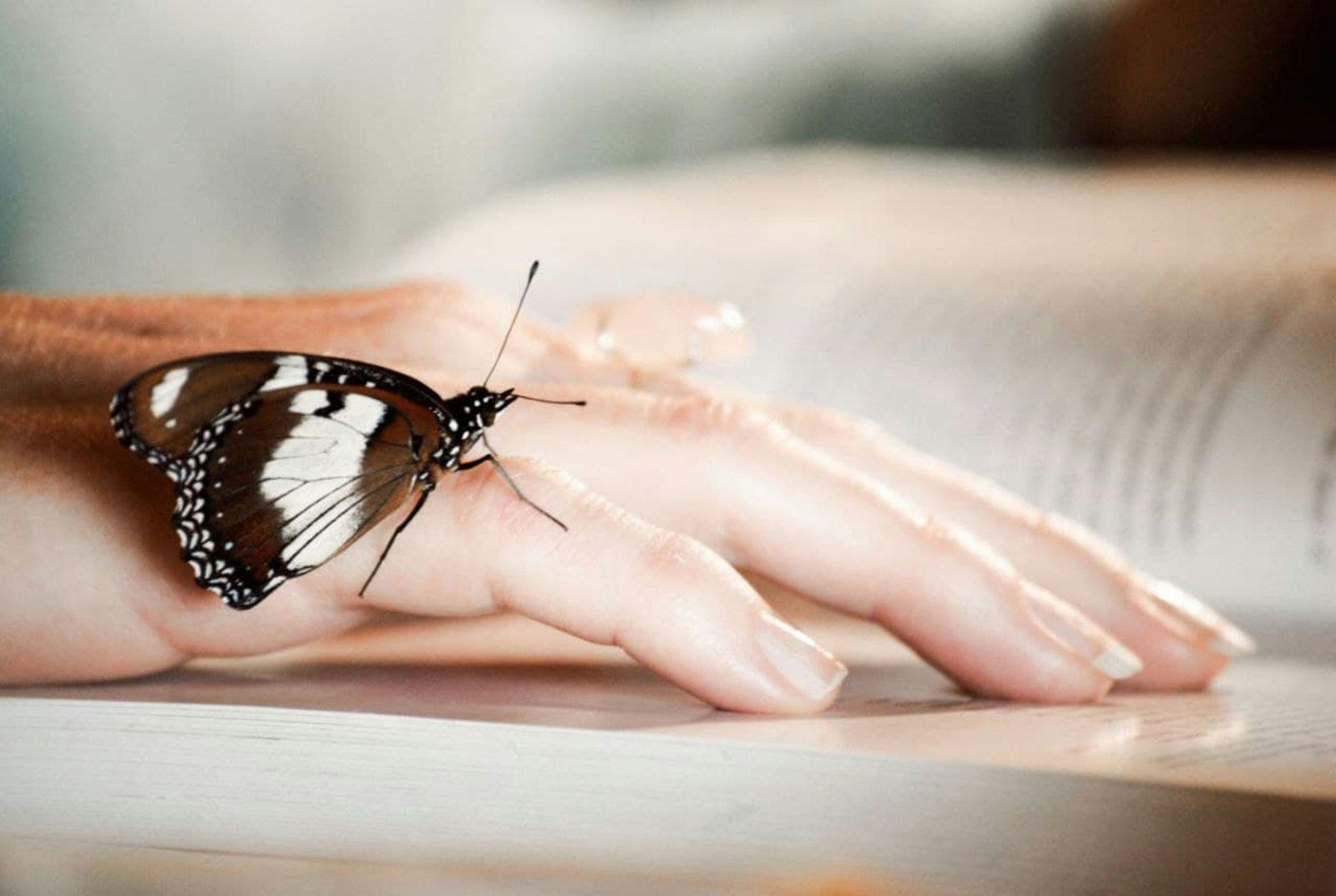Embracing Uncertainty: Finding Peace in the Unknown
- by Emotional Mind
- No Comments

Embracing Uncertainty: Finding Peace in the Unknown
- by Emotional Mind
- No Comments

Leave a comment Cancel reply
Related Posts


 In today’s era, many individuals endure chronic anxiety due to an attempt to control and predict every facet of their future, a struggle against the fundamental aspect of existence, which is uncertain. Scientific research indicates that the need to learn, or perhaps relearn, to embrace uncertainty instead of resisting it decreases anxiety, increases resilience, and improves psychological well-being.
In today’s era, many individuals endure chronic anxiety due to an attempt to control and predict every facet of their future, a struggle against the fundamental aspect of existence, which is uncertain. Scientific research indicates that the need to learn, or perhaps relearn, to embrace uncertainty instead of resisting it decreases anxiety, increases resilience, and improves psychological well-being.

The Spiritual Aspect of Uncertainty



Get 25 journaling prompts to clear your head and improve your mindset on a daily basis (even when you don’t know what to write about).